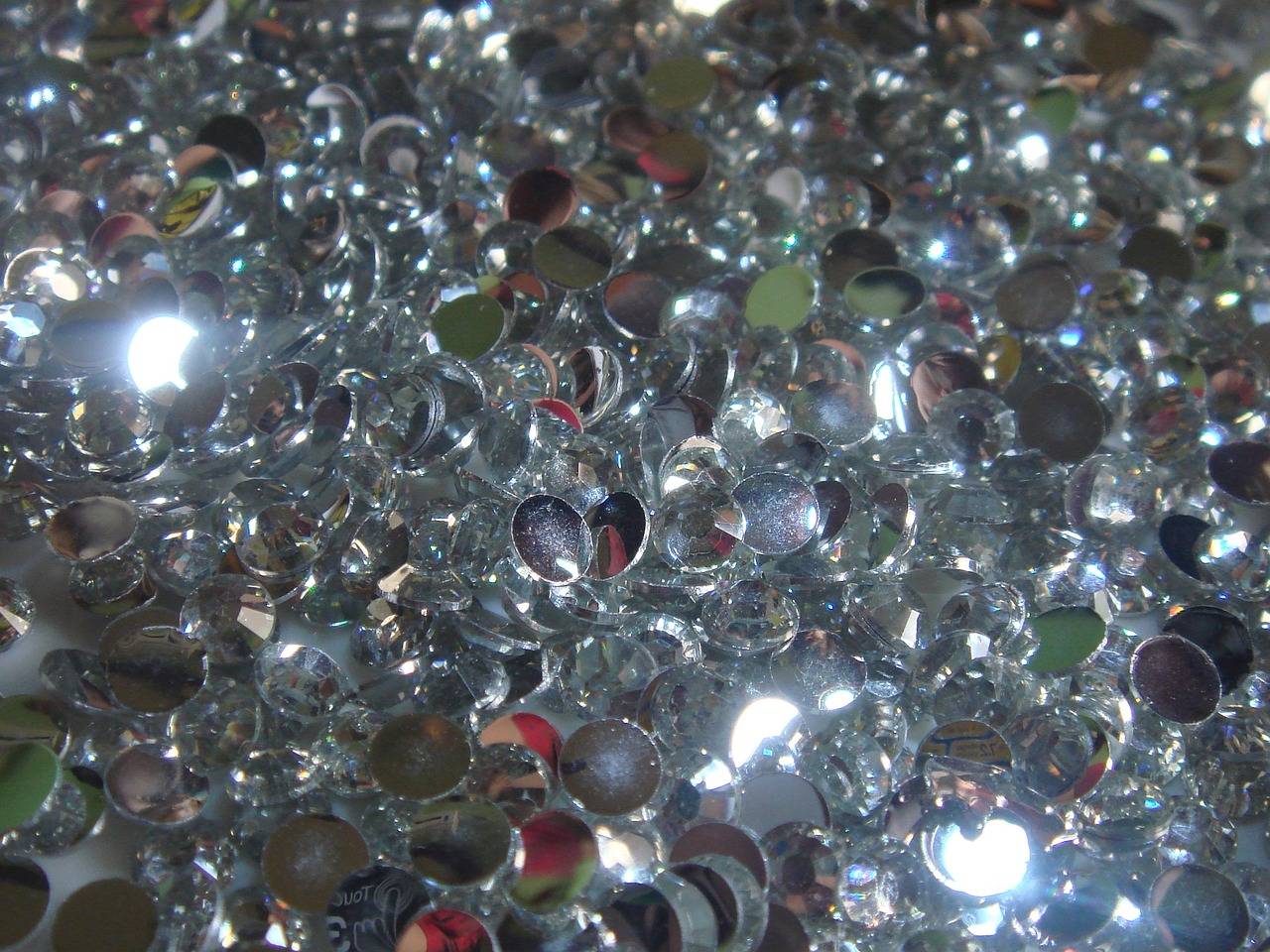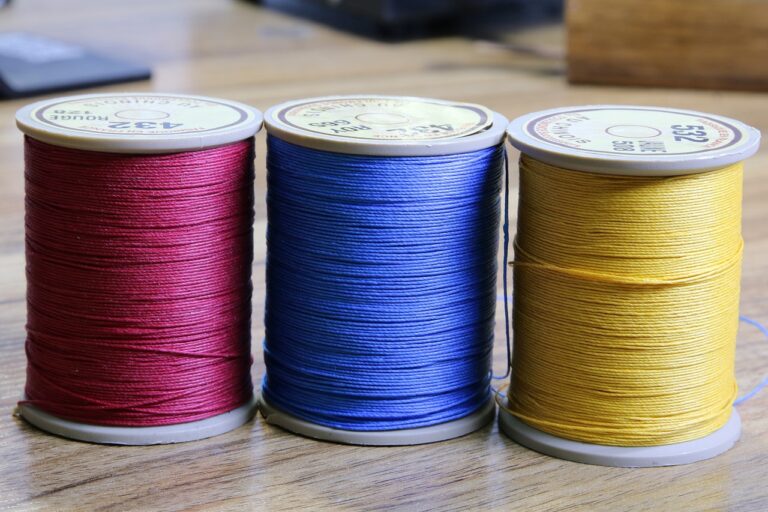Sustainable Fashion Icons: Pioneers Leading the Green Movement
Stella McCartney, known for her cruelty-free and sustainable designs, has been a trailblazer in the fashion industry. By prioritizing ethics and environmental consciousness in her collections, she has set a high standard for sustainable fashion. McCartney’s commitment to using organic cotton and non-toxic dyes has inspired other designers to follow suit in creating eco-friendly garments.
Another notable sustainable fashion icon is Livia Firth, the founder of Eco-Age and a prominent advocate for ethical fashion. Firth is dedicated to promoting transparency and sustainability in the fashion industry through initiatives like the Green Carpet Challenge. Through her work, she has raised awareness about the impact of fast fashion and continues to push for a more ethical and sustainable approach to clothing production.
The Evolution of Green Fashion
In recent years, the fashion industry has witnessed a significant shift towards more sustainable practices. Brands are actively seeking environmentally friendly alternatives in their production processes, from sourcing materials to reducing waste. This evolution towards green fashion is not just a trend, but a crucial step towards protecting our planet for future generations.
Consumers are becoming more conscious of the environmental impact of their clothing choices, leading to an increased demand for eco-friendly fashion options. This shift has encouraged designers to experiment with innovative techniques and materials that prioritize sustainability without compromising on style. As the fashion world continues to evolve, it is clear that the future of the industry lies in embracing green practices and promoting a more eco-conscious approach to fashion design.
Innovative Sustainable Materials in Fashion
Sustainable fashion is rapidly evolving with the introduction of innovative materials that are not only environmentally friendly but also chic. From recycled polyester made from plastic bottles to fabrics derived from agricultural waste, designers are exploring new ways to reduce the industry’s carbon footprint. These sustainable materials offer a promising alternative to traditional textiles, paving the way for a more eco-conscious fashion industry.
One such material gaining popularity is Tencel, a fiber made from sustainably sourced wood pulp. Known for its silky texture and breathability, Tencel is not only biodegradable but also requires less water and energy to produce compared to conventional materials like cotton. As consumers become more conscious of the environmental impact of their clothing choices, the demand for innovative sustainable materials like Tencel is on the rise, helping to drive positive change in the fashion industry.





